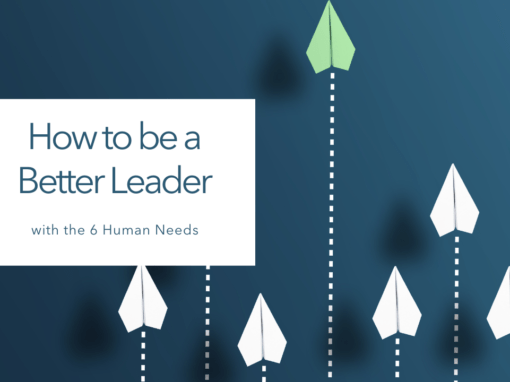Dieting and Eating Disorders
Adolescents have multiple insecurities. They live in a world where the media promote unrealistic ideas of perfection by associating being thin with beauty, success, and health. Furthermore, the media advocate a series of weight-loss programs to achieve these standards of beauty. Society pressures teenagers to be a certain weight, which they try to achieve through questionable nutritional choices.
Dieting has different meanings but it boils down to an intentional change in one’s eating pattern to achieve weight loss. Dieting is not always positive; studies classify chronic dieting, fad dieting, fasting and skipping meals as unhealthy practices. Sadly, the dieting practiced by youngsters is mostly self-directed and rarely healthy.
Youngsters are motivated to diet because of the lack of satisfaction with their physical appearance. Blinded by the distorted portrayal of a desirable weight, they fail to realize that dieting is only a temporary solution. According to a study by the Canadian Paediatric Society, dieting has proven ineffective in sustaining weight loss.
Societal pressure blurs the line between health and the dangerous outcomes of extreme dieting. The practice has been linked to menstrual irregularity and osteoporosis in women. The study reported that teenagers who engaged in unhealthy dieting were prone to risky behaviors such as substance use, smoking, and unprotected sex.
Conversely, some studies documented that dieting led teenagers to resort to binge eating in some cases. They blamed the reverse outcome on food deprivation caused by wrong dieting practices. A study of fifteen thousand pre-teens from nine to fourteen years old showed that participants who were on a diet gained more weight than those who did not diet.
The Dangers of Early Dieting
Dieting at a young age can have serious implications. Teenagers establish regular habits in their youth. If dieting is a fundamental part of their daily lives, it may lead to a lifelong struggle with an eating disorder. In fact, research says that teenage dieting is usually what precedes anorexia and bulimia.
Researchers from the University of Melbourne revealed some concerning details about female dieters. They observed that 8 percent of 15-year-old girls were on a severe diet and 60 percent were on a moderate diet. The severe dieters were eighteen times more likely to develop a new eating disorder within 6 months and had a 20 percent chance of developing another eating disorder within a year. The moderate dieters were five times more prone to a new eating disorder.
This is a drastic contrast to the one out of 500 nondieting participants developing an eating disorder within the year. The study further observed that moderate dieters were equally at risk of an impending eating disorder. Moderate female dieters comprised two-thirds of the new eating disorder cases.
Dieting at a young age is one of the key risk factors leading to potential eating disorders. However, it is arguable that severe dieting is the beginning of an eating disorder.
Getting Help
Eating disorders carry a series of complex physical and mental health issues. However, simple preventative measures can help.
Parents should encourage youngsters to eat healthily and warn them about unhealthy weight loss fads. It is important that children and teenagers are educated on the dangers of extreme dieting. They should also be encouraged to exercise to maintain healthy and happy lifestyles.
Professionals can address severe eating disorders and other co-occurring disorders.
Sources:
Canadian Paediatric Society. (2004, September). Dieting in adolescence. Retrieved from http://www.ncbi.nlm.nih.gov/pmc/articles/PMC2720870/
Patton, G.C. et al. (1999, March 20). Onset of adolescent eating disorders: population based cohort study over 3 years. Retrieved from http://www.ncbi.nlm.nih.gov/pmc/articles/PMC27789/
Sonia Tagliareni is a writer and researcher for DrugRehab.com. She is passionate about helping people. She started her professional writing career in 2012 and has since written for the finance, engineering, lifestyle and entertainment industry. Sonia holds a bachelor’s degree from the Florida Institute of Technology.












